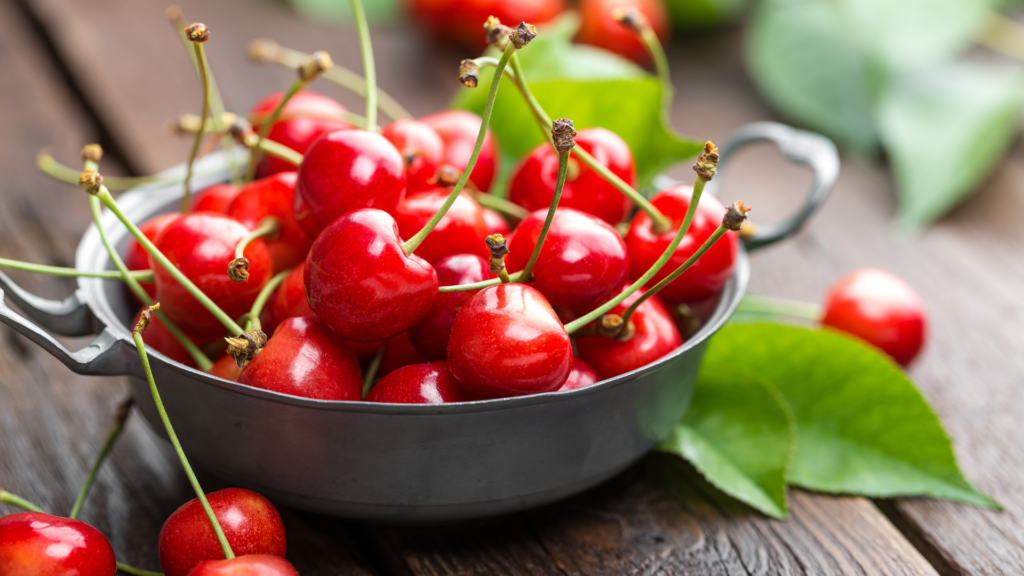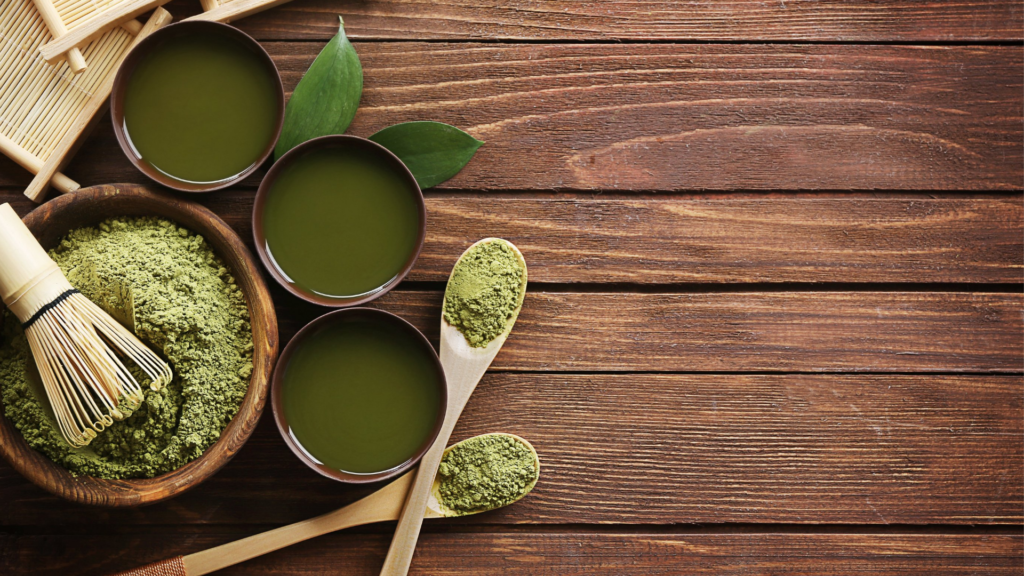Do you struggle with sleep? Natural sleep aids may help you start sleeping better again.
Most people know that they should get a good night’s sleep regularly. And yet we’ve all experienced nights when it has been next to impossible to fall asleep or stay asleep. But those nights when sleep is elusive may force you to face even longer days of extreme fatigue as you struggle to keep your eyes open. And you may spend the day fighting to get things done. To make matters worse, getting too little sleep regularly can compromise your health as well.
There are things that can be done to help support a good night’s sleep. You can skip caffeine, shut off your phone and computer 1-2 hours before bed, make sure your house is the right temperature for sleep, and keep your bedroom dark.
And all those things are important and can help to make a difference. But what happens if you are doing those things and still not getting as much sleep as you need? There are some natural sleep aids that may be able to help you relax enough to fall asleep and stay asleep.
The top natural sleep aids
Melatonin
When it comes to getting better sleep, melatonin is possibly one of the most recognized and recommended natural sleep aids around. Melatonin is a hormone that is produced by the body in the pineal gland. It is the main hormone that controls the sleep-wake cycle. At dark, in the evening, the pineal gland receives the signal to begin releasing melatonin. As melatonin is released, you begin to get sleepy.
But the prevalence of late-night smartphone and television use blocks the release of melatonin, throwing off the sleep cycle. So to combat that, many people are now taking melatonin in supplemental form.
Real food
The foods you eat regularly can have an impact on your sleep, positive or negative depending on the food. If you drink caffeinated beverages or eat plenty of chocolate in the evening, your quality of sleep may suffer. Consuming large amounts of sugar could cause blood sugar imbalances that can also impact your sleep quality negatively.

But there are foods that can help support good sleep too. Turkey contains the amino acid tryptophan which can help make you sleepy. Studies have shown that kiwifruit is effective at improving both the quality and quantity of sleep when eaten regularly. Foods such as tart cherries, pistachios, fatty fish, oats, and white rice contain good levels of melatonin which promote sleep. And rice and oats also contain tryptophan which can also benefit sleep.
Magnesium
Magnesium is a mineral that is an essential part of more than 300 processes in the body. But magnesium deficiency contributes to insomnia and poor sleep. Studies have shown that supplementing with magnesium improved the amount of time people slept as well as how easily they were able to fall asleep. Unfortunately, magnesium deficiency is more common than most people recognize. And this deficiency may contribute to many of the sleep issues people face.
Exercise

How often do you get regular exercise? Studies have shown that getting regular exercise helps chronic insomnia and can help people fall asleep faster and stay asleep. Those people who did 20-30 minutes of light to moderate cardio exercise experienced the benefits. But it is important not to exercise too late in the day. Exercising in the evening could have the opposite effect. Exercising late may cause insomnia and prevent you from getting a good night’s sleep.
Medicinal herbs
If you have trouble relaxing at night or struggle with anxiety that keeps you awake there are a few medicinal herbs that may help. A class of herbs known as nervine herbs can help to calm and support the nervous system. Herbs from this category traditionally contain mildly sedative properties.
Herbs known as natural sleep aids:
- Passionflower- Reduces anxiety and helps decrease insomnia.
- Catnip- Cats love it, but it’s great for humans too! It reduces stress and nervous exhaustion. And its mild sedative properties can help promote sleep.
- Chamomile- Commonly used as a tea chamomile is the most common nervine herb. Used for thousands of years, It reduces stress, decreases depression and anxiety, and helps resolve sleep issues. It is a natural mild sedative.
- Lemon balm- Comes from the mint family. It has been used medicinally since the Middle Ages. It is a mild sedative that helps to reduce anxiety, improves concentration and mood, and supports sleep.
- St. John’s Wort- An herb known to reduce depression and anxiety. It may be beneficial for those who struggle with insomnia as the result of depression.
When taking any herbal supplements, be sure to consult your doctor. Also, check for any contraindications with any current medications or health conditions before taking.
L-theanine

Commonly found in green tea leaves, the amino L-theanine helps with sleep. It promotes relaxation by boosting GABA, serotonin, and dopamine levels in the brain. These neurotransmitter chemicals help regulate mood, emotions, and sleep. L-theanine can help reduce both the physical and mental effects of stress. It helps to reduce anxiety, without being sedating like the nervine herbs. It helps to bring a state of calm and relaxation that can help promote sleep.
Glycine
The body makes glycine, a non-essential amino acid. It is an important amino acid because it helps to make serotonin, the feel-good brain chemical. Glycine may help you to fall asleep more quickly and improve the sleep you get. It helps to encourage deep, REM sleep, which is more restorative. It may also help you bounce back more quickly to a healthier sleep pattern after a period of insomnia or disrupted sleep.
Living with sleep deprivation is stressful. It hurts your productivity and prevents you from being your best. Using natural sleep aids is one way to help you get back on track with your sleep. But it is important to make sure you’re making sleep a priority and practicing regular sleep hygiene along with using natural sleep aids.
If you’ve been trying everything and still getting poor sleep regularly, there may be more going on beneath the surface. That is when working with an FDNthrive practitioner may be able to help you restore your sleep and your health. Functional lab testing can help to uncover hidden stressors that are impacting your sleep. We use custom, natural lifestyle protocols to restore balance in the body so that you can get well and stay well. Contact us to see if we are the right match for you.
